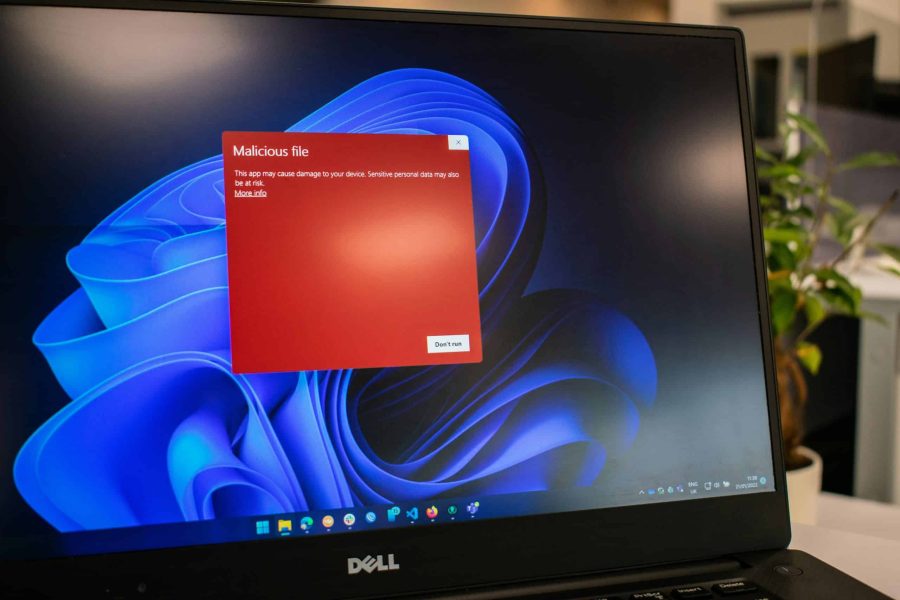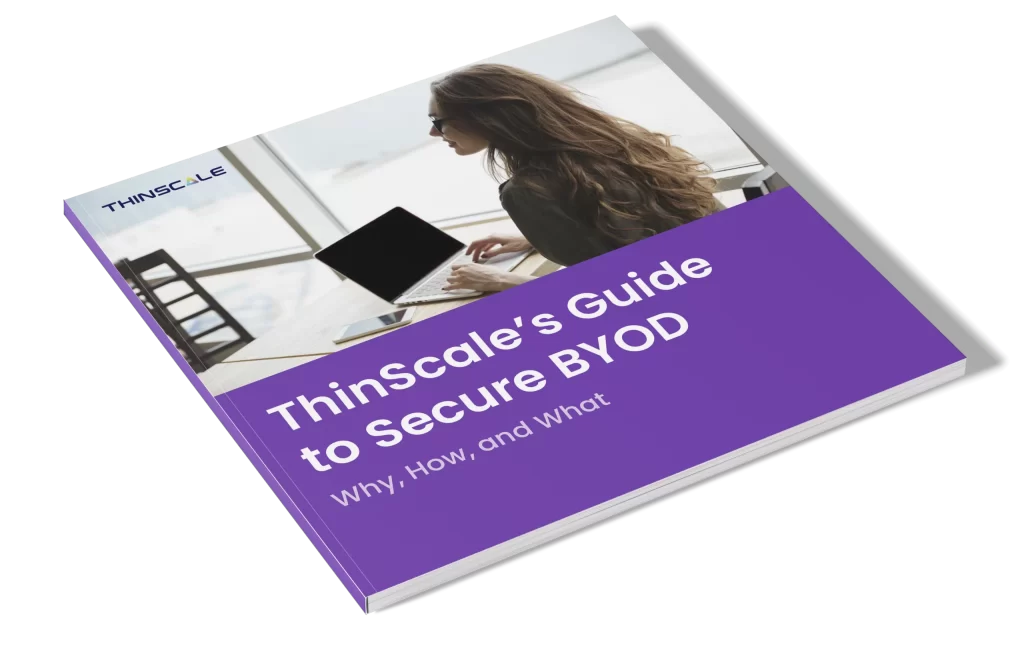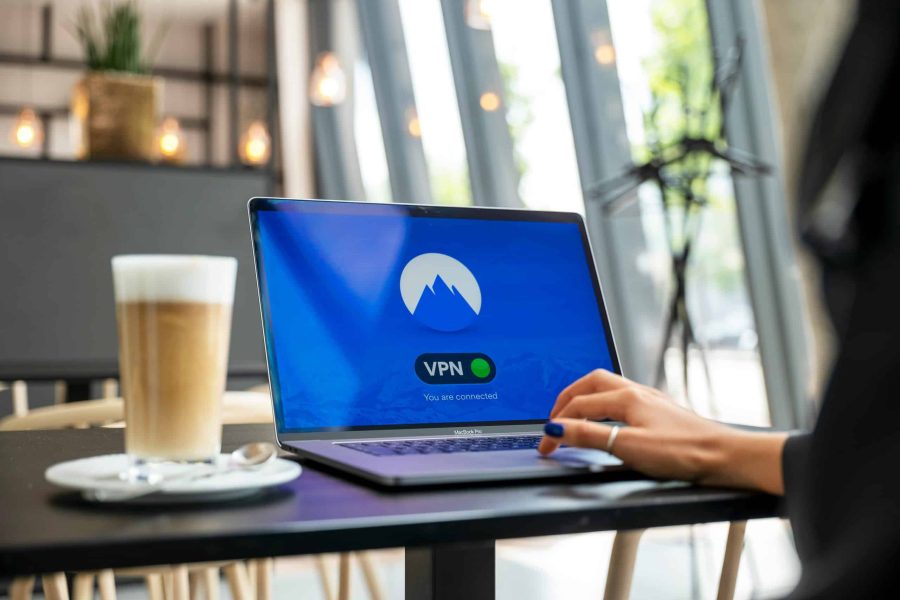Endpoint security limitations of Antivirus, VDI, and VPNs
THE Limitations OF ANTIVIRUS
Antivirus will not protect you against malware
Antivirus (AV) software is viewed as a cornerstone of endpoint security. However, in the context of a complex and rapidly evolving threat landscape, antivirus solutions face significant limitations.
Advanced evasion techniques mean that antivirus software is increasingly ineffective and leaves organizations exposed to significant risks.

Main risks:
Obsfucation techniques allow malware to evade traditional signature-based AV
The low accuracy of heuristic AV leads to false positives and false negatives
Fileless malware leaves no footprint on the hard drive for AV to scan and detect
How does ThinScale protect you where AV cannot?
Implements a zero-trust/whitelisting approach that prevents malware from running in the first instance
Does not rely on traditional signature identification methods so cannot be bypassed by code obfuscation
Prevents privilege escalation attacks within the Windows OS as its secure shell runs parallel to the OS
Want to know more about ThinScale versus Antivirus for endpoint security?

THE Limitations OF VDI
VDI is only as secure as the devices accessing it
The convenience and IT control offered by Virtual Desktop Infrastructure (VDI) has helped it become one of the main methods by which organizations provide access to corporate resources.
But VDI is only as secure as the device accessing it, as secure as a VDI infrastructure can be, a single infected endpoint can risk the entire network.

Main risks:
VDI’s contextual security and checks can be bypassed by an infected endpoint
VDI cannot prevent access from unsecured, infected machines
VDI can be bypassed or minimized without IT visibility
How does ThinScale protect you where VDI cannot?
Prevents VDI from being accessed outside of IT-secured machines, even if user credentials are stolen
Software packages and patch management allow OS and 3rd party applications to be maintained and updated easily
Compatibility with vital VDI features such as Single-Sign-on, keystroke passthrough, and VDI view enforcement
Want to know more about ThinScale versus VDI for endpoint security?

THE LIMITATIONS OF VPNs
VPNs secure networks, leaving devices exposed
VPNs exploded in popularity during and after 2020, due to the need for remote working. They provide secure and encrypted tunnels by which employees can access their resources even over unknown networks. However, VPNs do not provide endpoint security and have even become targets for malicious actors.

Main risks:
Encryption and tunnelling are used to secure networks, not endpoints
VPN databases have become popular attack targets for malicious actors
VPNs do not enforce access policies on the endpoint and are a target for credential theft
How does ThinScale protect you where VPNs cannot?
Advanced and granular anti-malware to prevent malicious files from being introduced or from running behind the scenes
Prevents the most prevalent methods of data loss, ensuring devices connecting via VPNs cannot leak corporate data
Session isolation, device lockdown, access control, and MFA policies give the VPN client a secure platform to be accessed from
Want to know more about ThinScale versus VPNs for endpoint security?
